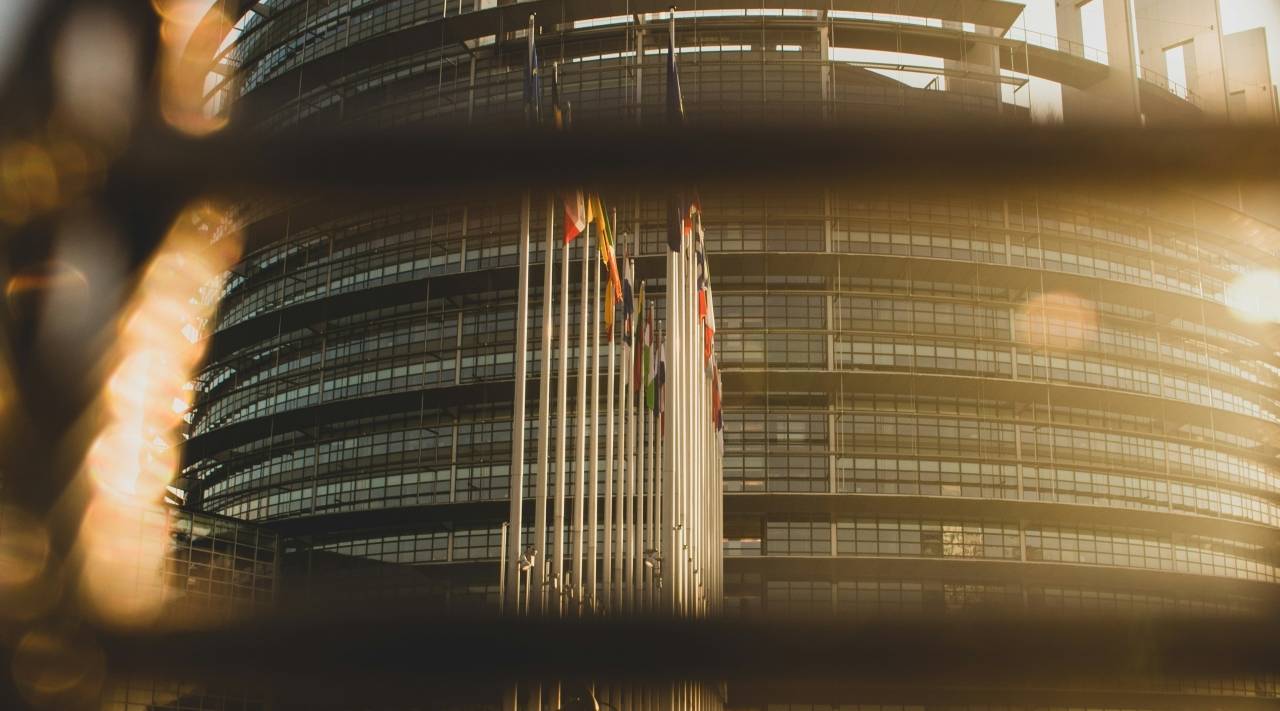Prison overcrowding is a major problem in numerous member States of the European Union. The Parliament and the Commission have drawn attention to this issue more than once, including in 2017 and 2022. One third of States have incarcerated more prisoners than their capacity allows. In 2022, France, Cyprus, Italy and Romania held 107 to 124 prisoners for every 100 spaces. These national averages reflect remarkably diverse situations: from one region to another, from one prison to another, and even from one unit to another, occupancy levels can double. In France, 17 facilities or units reached or exceeded 200% occupation in April 2024. Other countries, where the national average may not exceed the total capacity, still experience serious overpopulation in certain prisons and regions. In addition, the methods for calculating prison occupancy differ between member States. These disparities complicate the process of drafting policies to address the problem. S&D refers to the necessity of developing a common method of calculating prison overcrowding.
This overpopulation has repercussions. The European Court of Human Rights has condemned several member States, sometimes on several occasions, for the living conditions in their correctional facilities.
In at least 15 States in the Union, the Court considers the conditions to be a form of inhuman or degrading treatment. The States with the most condemnations on these grounds are France, Romania and Belgium, with nearly a dozen condemnations each.
The indignity of certain prison conditions hinders cooperation between member States in penal matters, as observed by the European Parliament in 2017: “Prison overcrowding obstructs the extradition or transfer of sentenced persons because of concerns regarding bad prison conditions in the receiving State”. The transfer of individuals involved in criminal proceedings on the basis of a European arrest warrant (EAW) relies on the principle of mutual recognition: the judicial decisions rendered by one member State must be enforced by the authorities of other States as if they originated from their own authority. This principle implies the existence of mutual trust between States. The Council of the European Union indicates that arrest warrants, which are accompanied by strict time frames, must be implemented while respecting fundamental rights. If there is a risk of inhuman or degrading treatment in the receiving State, the authorities of the executing State must postpone the transfer until the risk has been eliminated. In 2021, the possible violation of fundamental rights justified the refusal of 86 arrest warrants. S&D points out that refusing to enforce a European arrest warrant on these grounds could “put a dent in the mutual trust between member States”. It believes that the lack of trust between States could be overcome by establishing minimum standards.
Greens/EFA would like to suspend cooperation within the framework of the EAW with those States whose penal systems have systemic shortcomings.
Various governments present the construction of new prisons as the solution to the violations of rights caused by prison overcrowding. Two groups highlighted the limits of this approach. The Co-Chair of The Left notes that she is committed to “working for a European moratorium on the construction of prisons” and believes that “rather than increasing imprisonment capacities, the prison population should be reduced”. It would like to launch “a European conference on alternatives to incarceration”.
S&D finds that “the construction of new prison spaces will not be enough to solve this equation”. In particular, it feels that the conditions of remand detention must be relaxed, and all prisoners of conscience released.
Greens/EFA highlighted the importance for member States to explore the practicality of alternative penitentiary models, mentioning that the European Union has a role to play in their evaluation. It cited the example of small-scale detention houses and the necessity of gaining visibility on their ability to address the gaps affecting European prisons.



